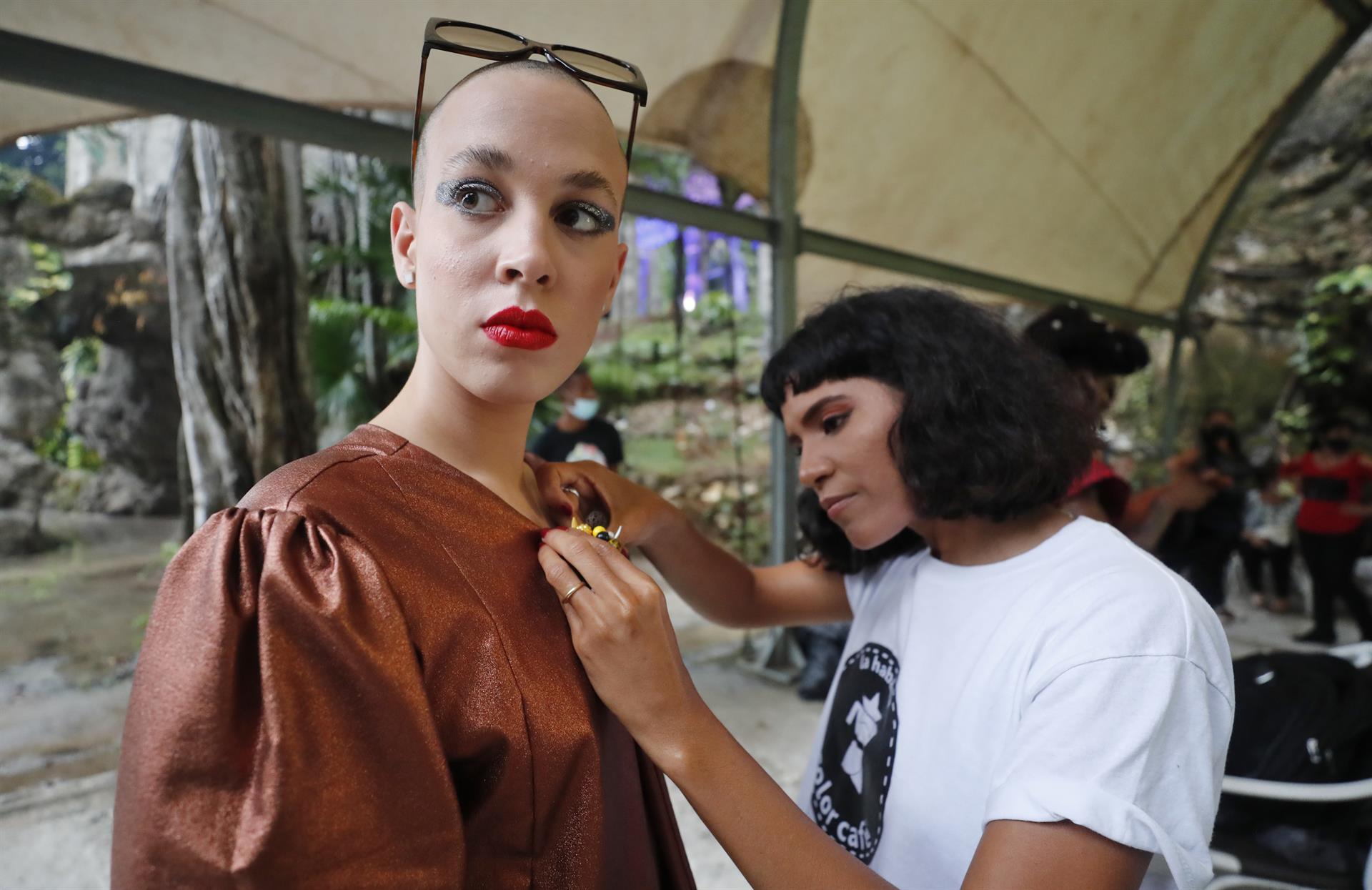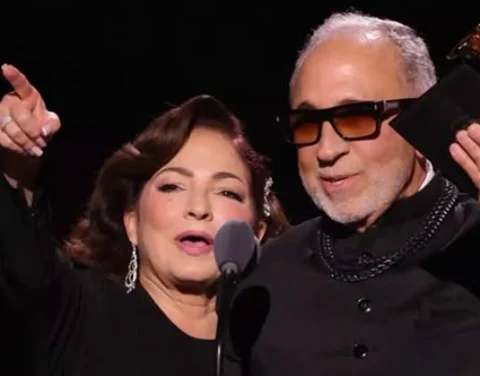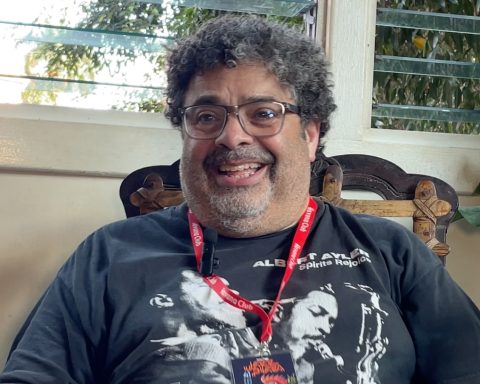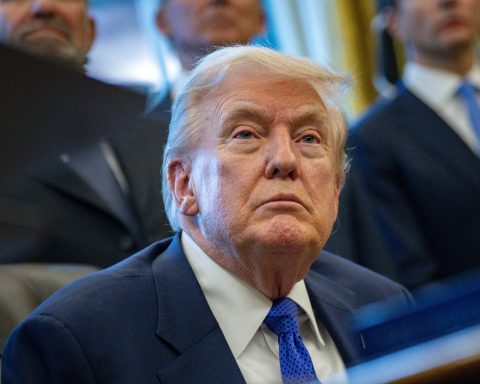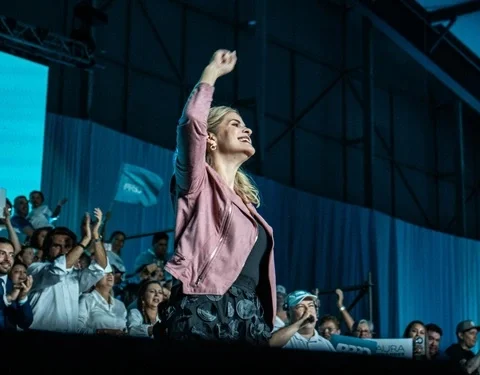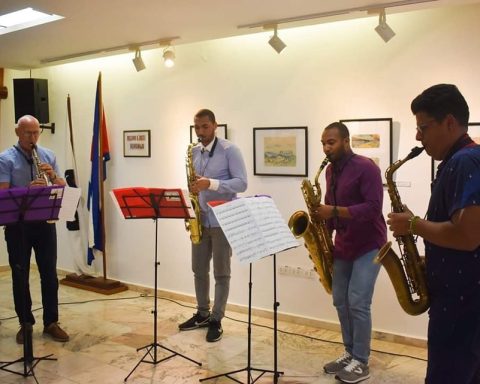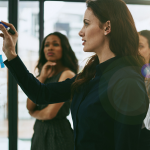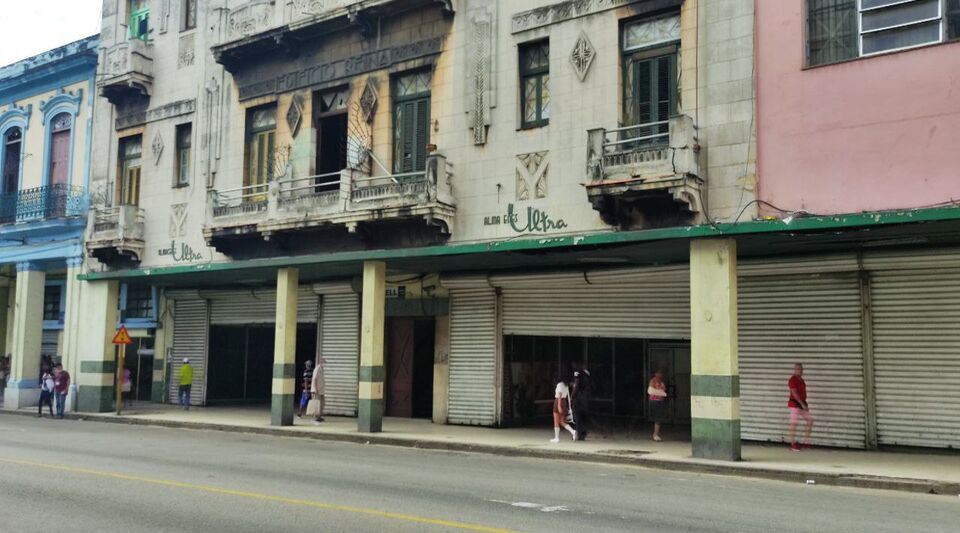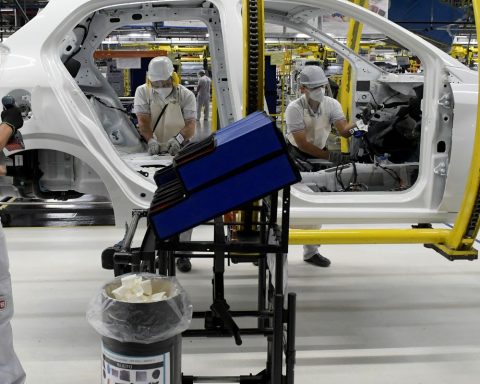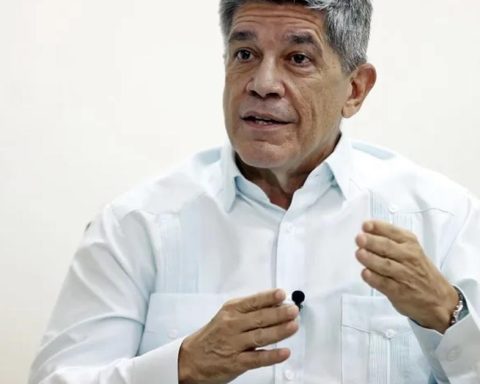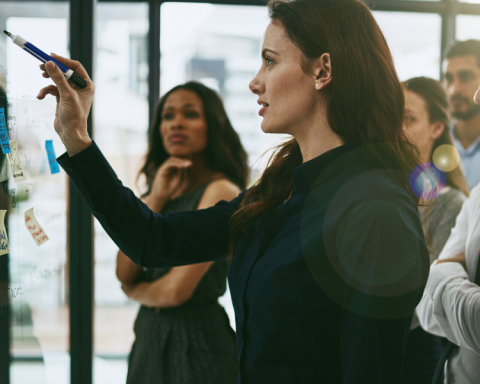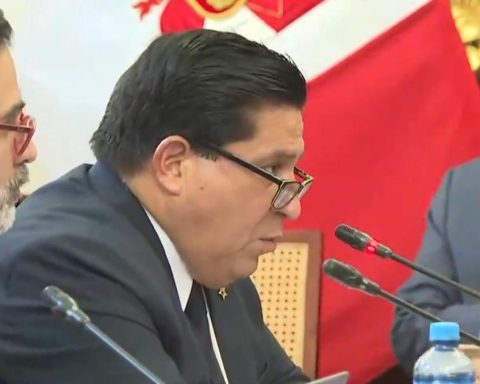The Cuban Loypa Izaguirre, with her small business in Old Havana that offers designer clothes, cocktails and music, is an example of the new generation of young people entrepreneurs that is emerging on the socialist island despite the crisis and the pandemic.
The 33-year-old has been promoting the Color Café fashion workshop and cafeteria since 2018, a multidisciplinary and modern space installed in a remodeled 1900 premises, an establishment that has just reopened after two years of forced closure due to restrictions to counteract the COVID-19.
“Every day there is a new challenge that changes your perspective and you have to face it,” Izaguirre assures EFE In an interview.
“There is no No”
The young woman, who declares herself self-taught, acknowledges that the problems “are too many for us”, but she believes that we must maintain the “positive vibe” with the philosophy that “there is no no”.
Despite the paralysis caused by the pandemic, Izaguirre chose not to stay home. “We couldn’t stop sewing,” he stresses.
Although she was forced to close Color Café and materials were missing, she searched among her friends for fabrics, thread, buttons, and other recyclable materials to make masks and clothes.
Then, when steps could be taken towards normality, he reopened and called his employees with a “we start again”.
The lack of some food in its cafe-bar, as a result of the shortage of basic products that the Cuban economy has suffered for months, was remedied with “a healthy proposal that has been well received by customers.”
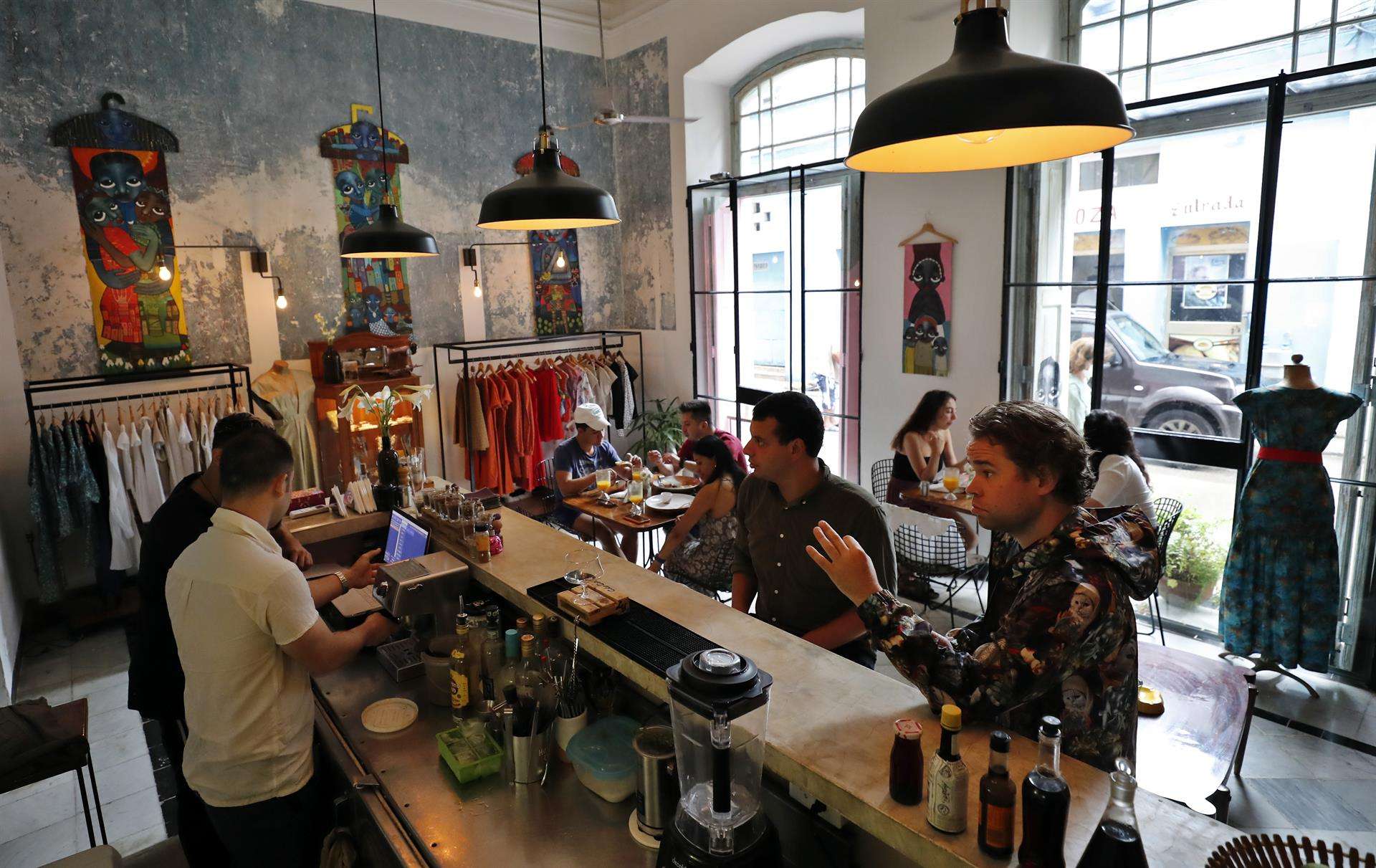
Izaguirre brought fabrics and remnants from abroad, which have been converted into small purses, bags and other wardrobe accessories.
Skirts, blouses, dresses and clothes that fit various sizes make up the “comfortable and fresh” proposal of this Havana company, one of the more than 3,600 micro, small and medium enterprises (MSMEs) approved in recent months in the country.
Private companies, banned since 1968, were allowed back last year as part of a package of reforms to revive the economy.
Izaguirre laments the high prices in his store, but explains that he does not have the capacity or the resources to increase his production.
“The fabrics are expensive, the workshop is small and I have to pay my employees well (15 in total) so that they feel stimulated to work every day and make an effort to make quality garments,” she summarizes.
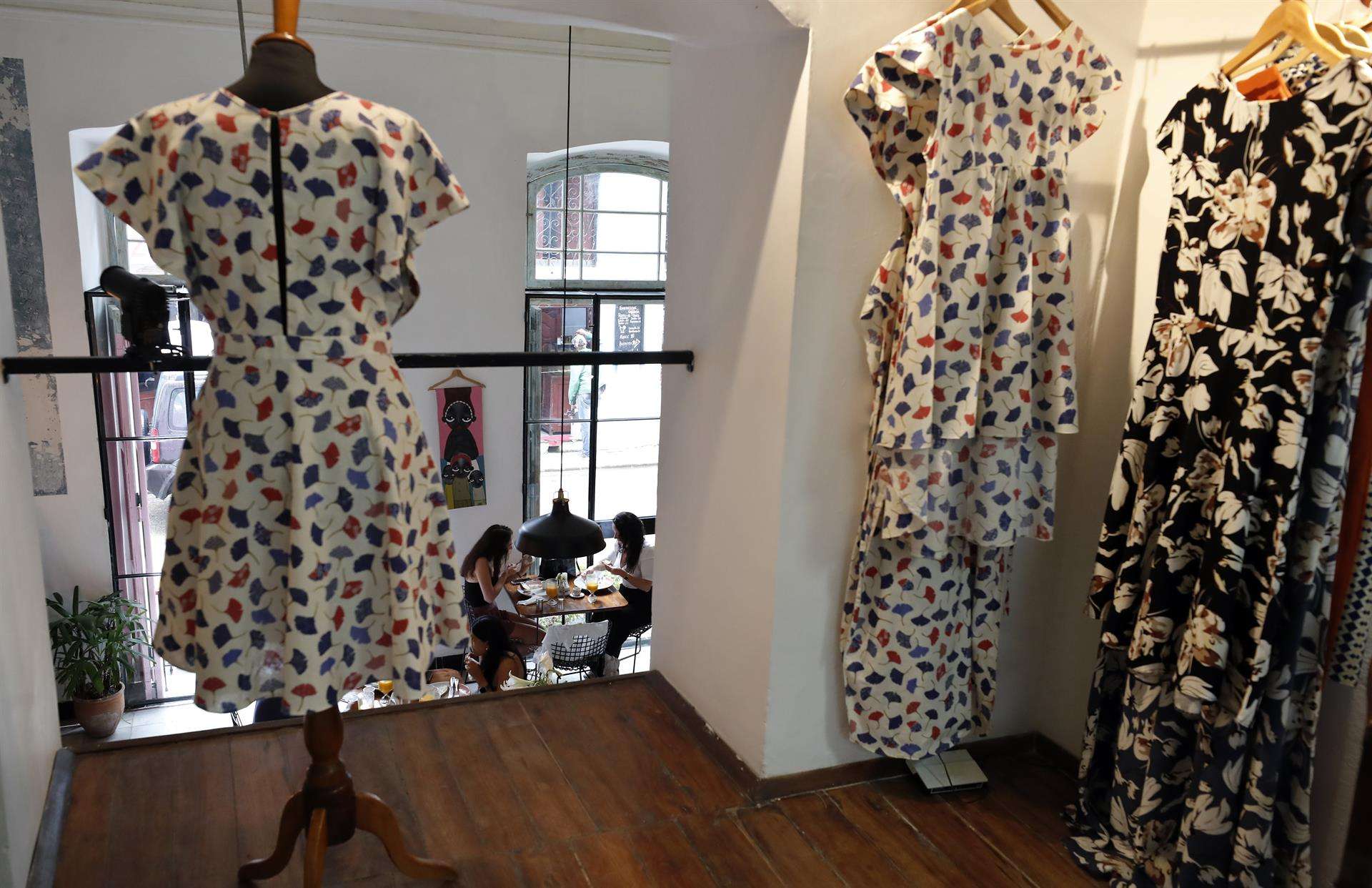
Among his clientele there are foreign women living in Havana, although Cuban women also frequent his store, whom he tries to favor with “adjusted prices”, and those who are looking for “custom-made” men’s shirts have joined.
White, red and blue colors, ruffles, flowing skirts, and stylistic references inspired by the 40s and 50s prevail in their designs. Their commitment is based on “pleasing customers, who understand the importance of coming to a workshop and make clothes”.
Your first runway
An example of his way of facing challenges was his first individual fashion show, just a few days ago in Havana, which was not overshadowed despite a monumental downpour and the still persistent fears about COVID-19 in public spaces.
“All the people who work on it knew each other and we were willing for the job to come out, for that catwalk to be done, totally inclusive,” he says.
Its new collection, “Seasons”, brings together 30 pieces with color, elegance, classic style, daring and a mix of cultures, conceived for plus-size women, the elderly, girls, who exhibited models of the traditional type, of various races and gender.
The brand and its image
Izaguirre explains that in Cuba there are currently those who are torn between staying in the country and trying to carry out a project there and those who choose to migrate.
“My decision has been to stay with the perspective of opening up with my Cuban, tropical style and touch, with a design and added value that I believe would make it possible to project myself abroad, and we will try to do so,” he says.
As part of its identity, the brand has a logo that resembles a coffee pot —“a symbol of Cuban identity”— but it is really the idealized silhouette of a woman, explains this entrepreneur.
The young woman is satisfied with the results she is achieving. “They have accepted us, we have positioned ourselves, they recognize the quality and the work we are doing,” she says.
The project, she adds, is “sustainable” because she is convinced of “always finding a solution” with “creativity and human capital”, although she admits that she would like to have more resources.
Her look is “to the future” to leave a mark: “That people remember me as a girl who created something beautiful and that is my feeling and what I put into what I do”.
Raquel Martori / EFE
